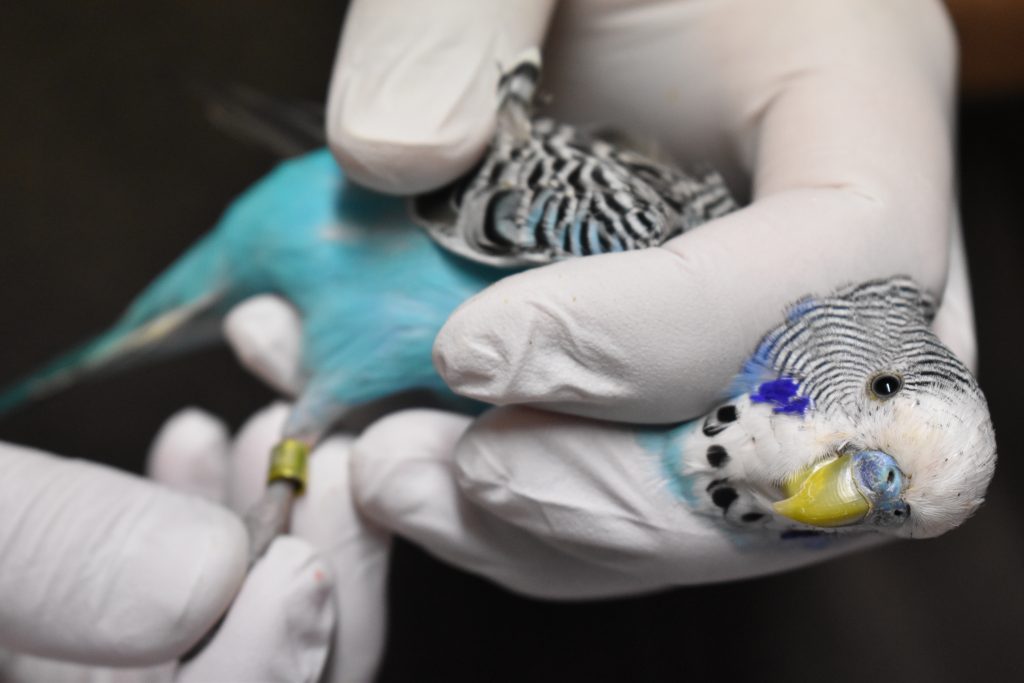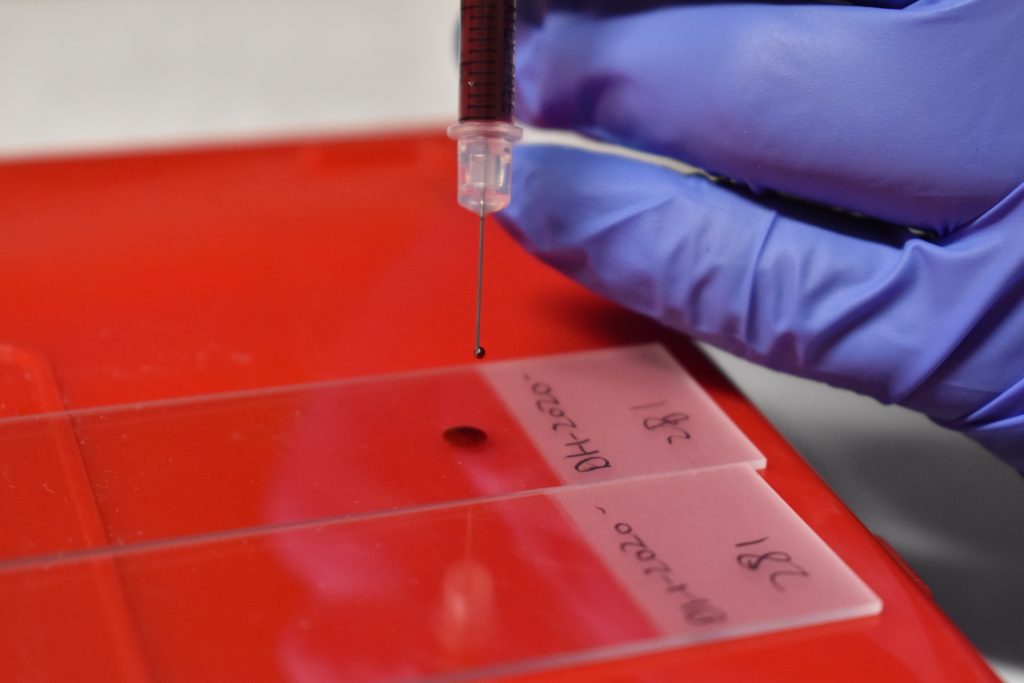
Content of Research
- Genetic mapping of interspecific and intraspecific variability in immune-related genes (e.g., innate immunity: Pattern recognition receptors, mainly TLRs, antimicrobial peptides; acquired immunity: MHC)
- Investigation of gene evolution, namely natural selection acting on individual genetic variants (including predictions of protein functional changes in response to pathogen-mediated selective pressures)
- Comparative immunology
- Characterisation of avian inflammation and identification of cytokines responsible for modulation of inflammation in birds
- Disentangling associations between the genotype, gene expression, immunophenotype, gut microbiota composition, health, and condition in natural avian populations and domestic birds
- Use of parrots as model organisms for the research of behavioural disorders and depression-like syndroms
Main Capabilities
- Molecular genetics (including new sequencing approaches, cloning, SNP detection, target gene expression analysis, transcriptomics, proteomics, microbiota metabarcoding, etc.)
- Bioinformatics (adjustment of large data files, selection analyses, protein structure modelling, analyses of transcriptomic and proteomic data)
- Avian cell biology techniques (mainly oxidative burst analysis)
- Methods of avian haematology (flow cytometry as well as classical approaches)
- Functional immunological testing in vivo and in vitro (e.g. inflammatory immune responsiveness and hypersensitivity, detection of antimicrobial peptides)
- Field data and sample collection


Fields of Research Results Application
- Agriculture
- Animal breeding
- Biomedicine
- Biotechnology
- Nature protection
- Veterinary diagnostics